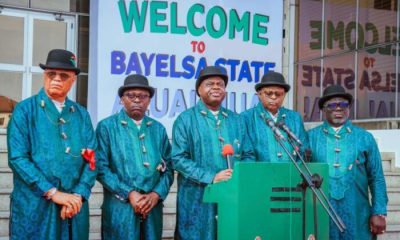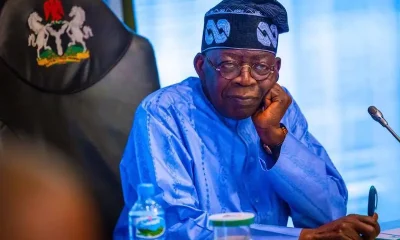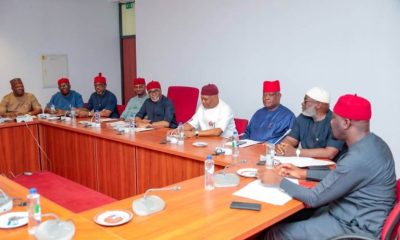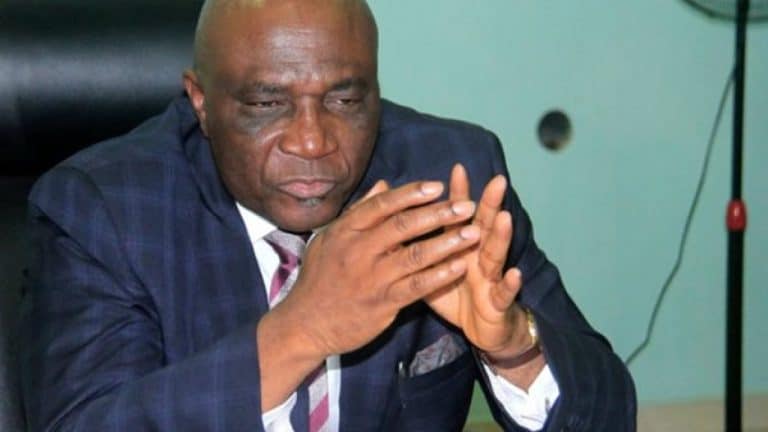News
Bauchi Governor’s “True Colour” Threat Sparks Presidential Backlash
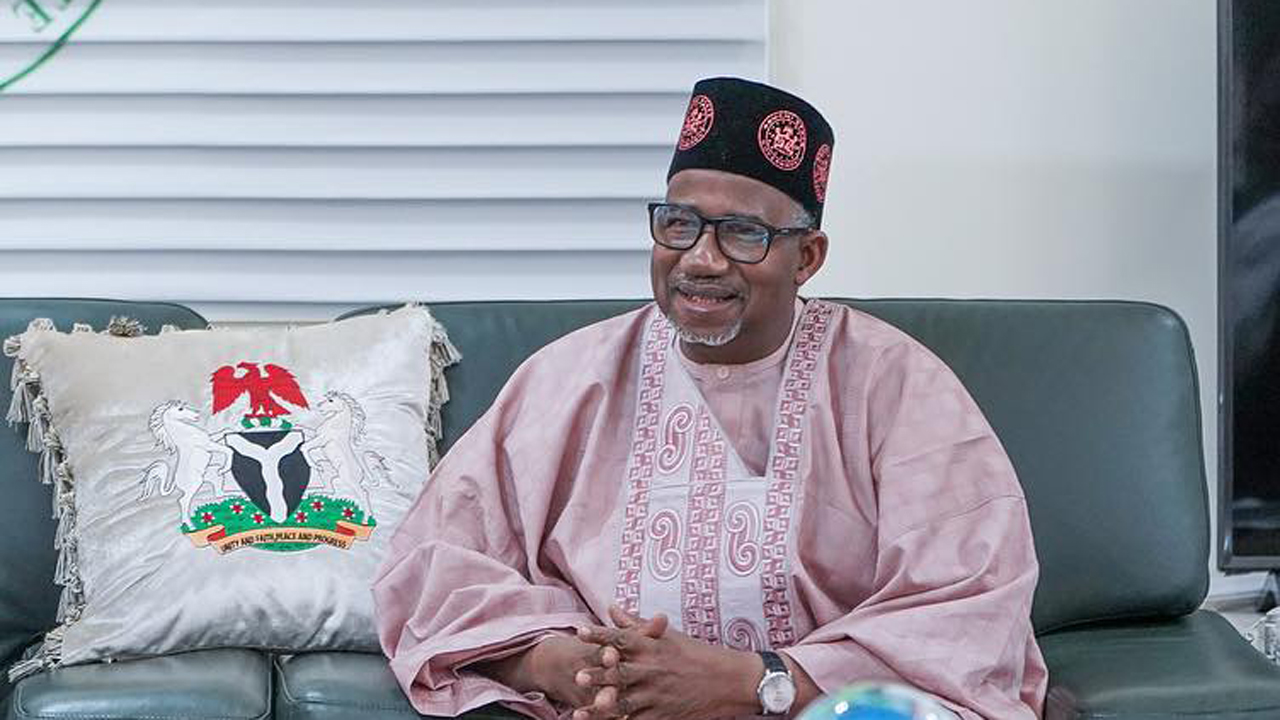
- Bauchi Governor Criticises Tax Reform Bill
- Recieves Backlash From Presidency
- Mr. Sunday Dare, Special Adviser to the President on Media and Public Communication defends Bill
In December 2024, the political landscape of Nigeria was stirred by a contentious statement from Bauchi State Governor, Bala Mohammed. The governor, while addressing a Christmas gathering in Bauchi, made headlines with his opposition to President Bola Tinubu’s tax reforms, branding them as “anti-northern” and warning that the northern region would “show its true colour” if the reforms were not reconsidered.
The Tax Reform Bill, which had been introduced in October by the Tinubu administration, had already sparked widespread debates, especially regarding its potential impact on northern states.
Governor Mohammed’s comments sent shockwaves through the political sphere, prompting a swift response from the Presidency. In a statement issued by Mr. Sunday Dare, Special Adviser to the President on Media and Public Communication, the Presidency demanded an immediate retraction of the governor’s inflammatory remarks.
Dare emphasized that Mohammed’s words were neither reflective of the northern region’s collective stance nor conducive to the constructive dialogue needed between state and federal governments.
EDITOR’s PICK
- AfCFTA: Lagos Takes Bold Steps Towards Becoming Africa’s Trade Powerhouse
- Naira to Depreciate to N1,804 per Dollar by 2025 – Report
- Shark Attack off Egypt’s Red Sea Coast Kills One Tourist, Injures Another
“The North, like every other region, seeks collaboration and unity in governance,” Dare stated. “This type of confrontational rhetoric does not serve the collective interest of the nation and distracts from the pressing need for productive dialogue.” He urged the governor to focus on using the resources allocated to Bauchi effectively, rather than indulging in divisive statements.
Dare also reminded the governor that Bauchi State had received substantial federal allocations, including N144 billion from the Federal Government, a significant increase from previous years. Yet, despite these allocations, the state continued to grapple with developmental challenges and high poverty rates.
Governor Mohammed’s criticism stemmed from the perceived unfairness in the proposed tax system. The Tax Reform Bill includes provisions such as increasing the Value Added Tax (VAT) rate and imposing new excise duties. Northern leaders feared that these changes would disproportionately affect their region, especially with the distribution formula that allocates more revenue to states with higher tax contributions. Critics, including the governor, argued that the reforms could exacerbate existing regional disparities, further impoverishing already struggling northern states.
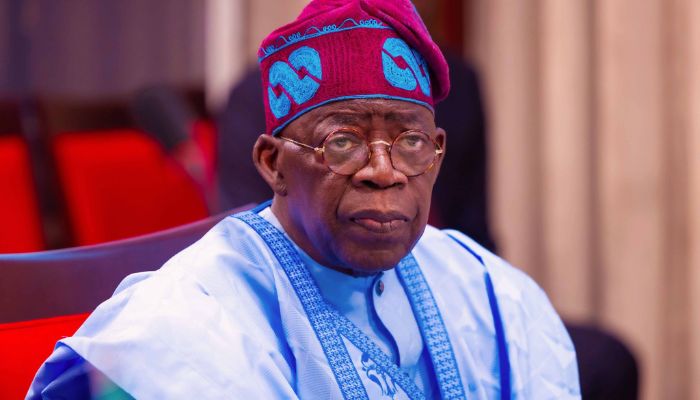
In his response, Dare stressed that the proposed tax reforms were not designed to penalize any region but were intended to streamline the nation’s tax system, reduce complexities, and increase efficiency in revenue collection. He highlighted that the new tax framework would benefit small businesses, including those in Bauchi, by offering exemptions for businesses earning below ₦50 million annually. Furthermore, improvements in digital tax collection methods were expected to ease the burden on local entrepreneurs and enhance the informal sector, a critical part of Bauchi’s economy.
FURTHER READING
- Holiday Box Office Sees Fierce Movie Competition
- Stop Thinking Single People Are Lonely or Sad – Toke Makinwa
- CPPE Projects Slight Moderation in Nigeria’s Inflation in 2025
The Presidency also pointed out that the federal government had implemented several measures to support northern states, such as a N2 billion special intervention fund for food security and the removal of fuel subsidy compensation payments, which had led to a significant increase in state revenues. These funds, Dare argued, should be utilized for poverty alleviation programs and investments in the agricultural sector, areas where Bauchi had the potential for growth and development.
“The true leadership Nigeria needs is one that builds bridges, not barriers,” Dare continued, urging all public officials to rise above regional sentiments and political grandstanding. He called for a unified approach to national development, one that prioritized collaboration over confrontation.
Click Here For Our Video Of The Week
Advertise or Publish a Story on EkoHot Blog:
Kindly contact us at ekohotblog@gmail.com. Breaking stories should be sent to the above email and substantiated with pictorial evidence.
Citizen journalists will receive a token as data incentive.
Call or Whatsapp: 0803 561 7233, 0703 414 5611




